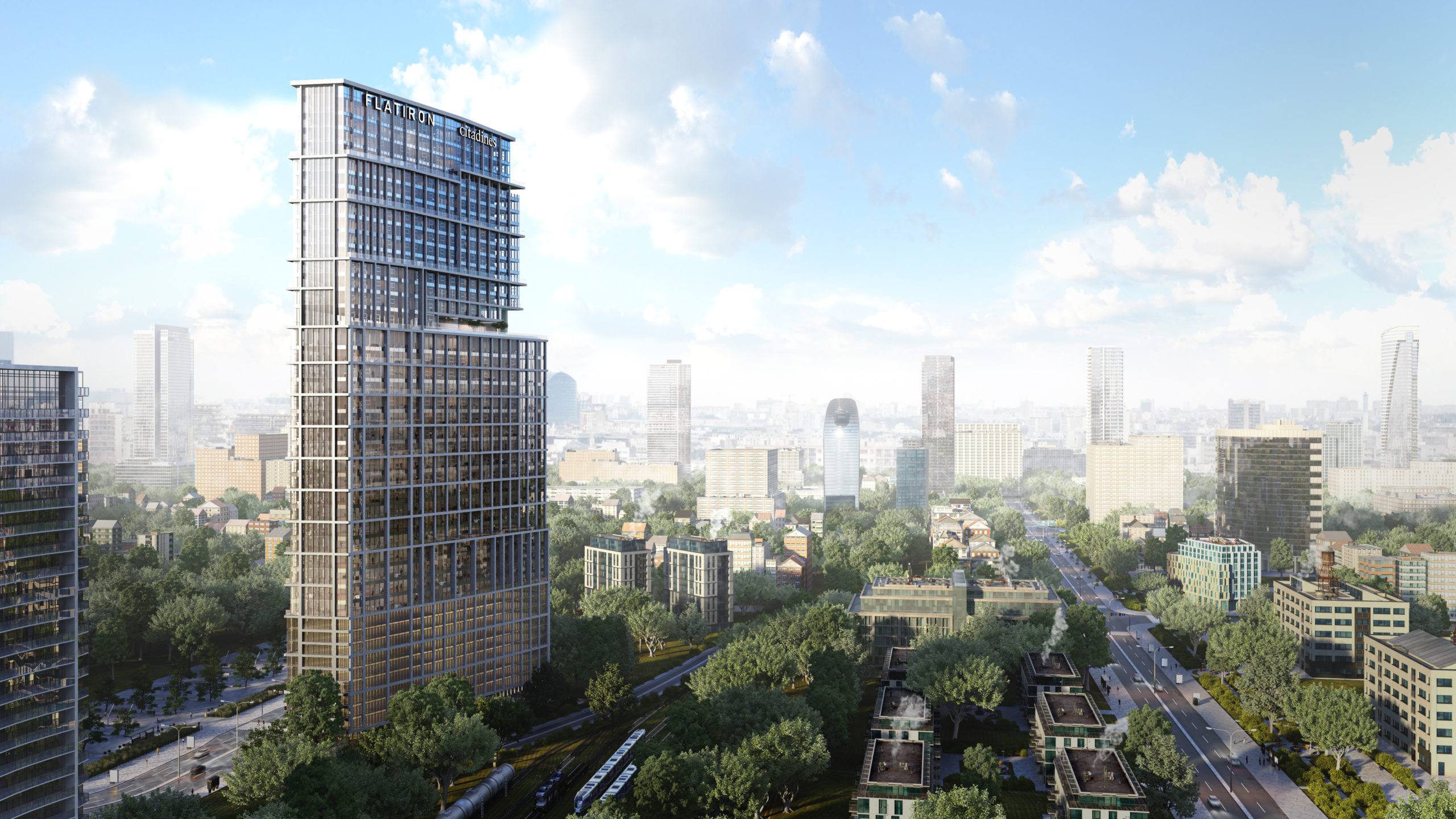Should you buy or lease your office space?

5 points to consider when making a decision
What’s your next move and how do you know it’s the right one for your company?
A strategic corporate decision
Buying or renting an office space is one of the most significant financial decisions your company will make. Indeed, the Real Estate represent the 2nd biggest cost for most businesses.
Whereas in most of western countries the trend is mainly to lease office space in order to be more flexible, in developing countries, due to the inflation and the property value appreciation, you need to carefully weigh the pros and cons before looking for office space for lease or commercial property to purchase.
In Cambodia, more precisely in Phnom Penh, commercial real estate has significantly evolved in the last few years. Today, professional commercial office spaces are readily available, for leasing and for purchasing, offering a wide range of offers (Grade A, Grade B, Grade C, Office Villa, Shophouses). Business districts such as Daun Penh, Toul Kork, and Tonle Bassac have the most dense concentration of office spaces that meet with both local and multinational businesses needs and requirements.
In order to make an informed decision, each company needs to assess and evaluate its business strategy and development forecast for the next 5 to 10 years.

Flat Iron, Main Lobby
It’s more than just a matter of money
1. Budget
Both purchasing and leasing have their pros and cons, the first thing to take into account is your OPEX (operating expenses) and CAPEX (capital expenses). The initial cost of buying an office is significantly higher than renting it. However, a buyer will be able to sell the space further down the line, possibly achieving a return on investment and making some profits on the mid-long term, especially being in a growing market.
Leasing an office represents an increased operational cost. You will have to consider rent in addition to further service charges that do not create value for your company. Furthermore, the rent might be likely to increase following the market evolution and market practices.
2. Location
Leasing your office gives you a chance to position your company in a prime location, enhancing your brand image. If location is a core part of your business, then leasing might allow you to be ideally located without requiring the same amount of funds up front.
3. Workspace strategy
Following this line of thought, leasing your office space might allow you to allocate more funds to fit out and furnishing, your space, allowing for a better workspace for your employees. However the investment on the fit out will be an expenditure within a leasing strategy, since the fit out will need to be removed by the end of the lease term.

4. Flexibility
Leasing an office space also allows you to adjust the lease term to your strategy of growth, planning when you might need to expand or to reduce the space.
Buying is an investment which means that your flexibility will be linked to the liquidity of your asset on the market. If your company is growing, you’ll have to sell the asset before moving to another place. In the eventuality that you need to shrink your space, you’ll still have the opportunity to lease a percentage of your office, which again, will depend on the market condition.
5. Business strategy
Buying an office space, means that you’ll allocate an important amount of funds to corporate real estate, which you could have invested somewhere else, such as your core business, other operational assets, research and development or to diversify your business activities.
A decision directly related to your business strategy
Buying or leasing an office space is a unique question that must be approached on a case by case basis. Each strategy has its own set of benefits and drawbacks. In either case, we recommend taking your time to do due market diligence so that you can make an informed decision.
